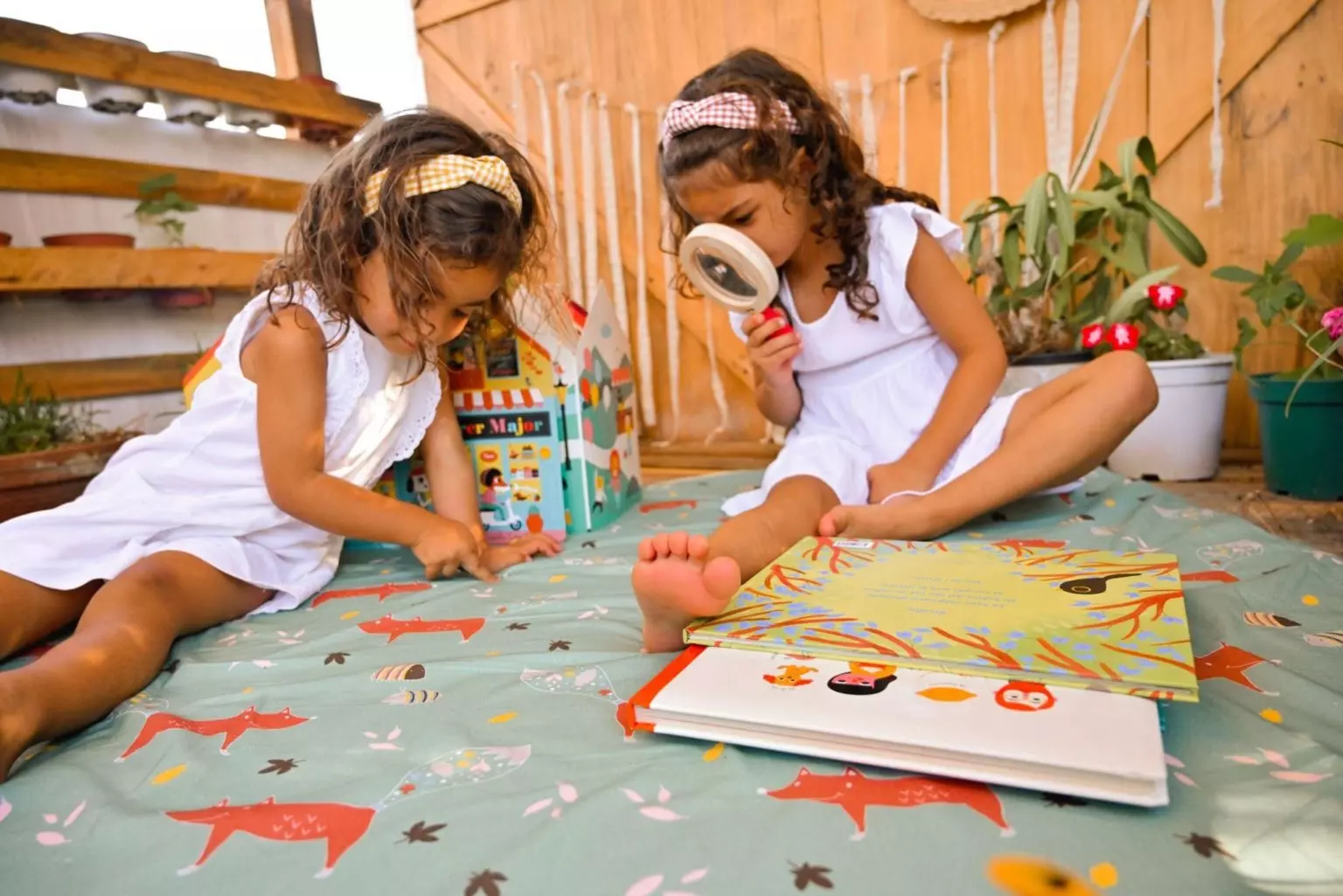In this article, we will explore why play is so important for children and how adults can support and foster play at different stages of children’s lives.
What is play and why is it important for children?
Play is a fundamental activity in the lives of children. From an early age, children learn and develop through play, which allows them to explore and discover the world around them, develop physical, social, and emotional skills, and learn important values such as collaboration, empathy, and respect. Play can also be an effective way to teach children, foster their creativity and imagination, and help them develop cognitive and language skills.
Play is crucial for the holistic development of children and their emotional, physical, and mental well-being.

Types of play and how they influence child development
There are many types of play, and each can have a different impact on child development.
- Exploratory play can help children discover and learn about their environment.
- Symbolic play, such as playing house or doctor, can foster creativity, imagination, and abstract thinking.
- Construction play, on the other hand, can develop fine motor and spatial skills, as well as problem-solving abilities.
- Sports play can help children develop physical skills and teamwork, while board games can promote strategic thinking and social learning.
Each type of play can have a different impact on child development, and it is important to encourage a variety of play experiences so that children can explore and develop in different areas.

The role of adults in children’s play
Play is an essential activity for children’s development, and adults can play a crucial role in fostering and supporting play to positively influence their development. Through play, children can learn physical, cognitive, and emotional skills such as problem-solving, creativity, cooperation, communication, and emotion management. Additionally, play allows them to explore the world around them and discover their identity and personality.
Adults can encourage and support play in children by providing a safe and stimulating environment, offering age-appropriate toys and materials, and actively participating in play with them. By doing so, adults can help children develop social and emotional skills, improve their self-esteem, and create a stronger emotional bond. Ultimately, play is an important tool for child development, and adults can play a fundamental role in fostering and supporting it.
The role of play in creativity and imagination
Play is an activity that stimulates creativity and imagination in children. Through play, children can explore different ideas and concepts, experiment with new forms of expression, and develop their creative thinking. Play also allows them to create their own stories, worlds, and characters, which helps them develop their imagination and their ability to think abstractly.

Play and physical activity
Play can be a fun and effective way to encourage physical activity in children. In an increasingly digital world, children often spend long periods of time sitting in front of screens and electronic devices. This can have negative consequences for their physical and mental health, including an increased risk of obesity, postural problems, and lack of energy.
Through play, children can move and exercise without realizing that they are engaging in physical activity. Outdoor games such as jumping rope, playing ball, running, climbing, and other similar activities can be excellent ways to keep children active and healthy.
The importance of outdoor play
Playing outdoors can be a enriching experience for children. Exposure to nature can offer a variety of benefits for their health and development. Some of these benefits include:
Nature exposure
Exposure to nature can help children develop a deeper and meaningful connection with the environment, which can have a positive impact on their understanding and appreciation of the natural world.
Vitamin D
Vitamin D is important for bone development and can be difficult to obtain through diet alone, so sun exposure is an important way to get it. However, it is important to remember that sun exposure should be safe and moderate.
Opportunities for experimentation and exploration
Outdoor play also offers unique opportunities for children to experience and explore their surroundings. Children can run, jump, climb, explore, and discover new things in an outdoor environment, which can help foster their curiosity and creativity.

Play at Different Ages and Stages of Development
Play is an activity that changes as children grow and develop. During the early months of life, babies may enjoy sensory play, such as touching different textures and objects, and interaction with their parents and caregivers. As children grow, play becomes a way of learning and exploring the world around them.
In the preschool stage, children may enjoy symbolic play, such as pretending to be different characters and engaging in imaginary situations. In elementary school, play may become more structured, such as sports or board games. As children reach adolescence, play may shift towards more social activities, such as spending time with friends and exploring new experiences.
It is important for parents and caregivers to support and foster play at each stage of development. This may include providing age-appropriate toys and materials, encouraging children to engage in physical activities, and providing time and space for children to explore and discover their world through play.
